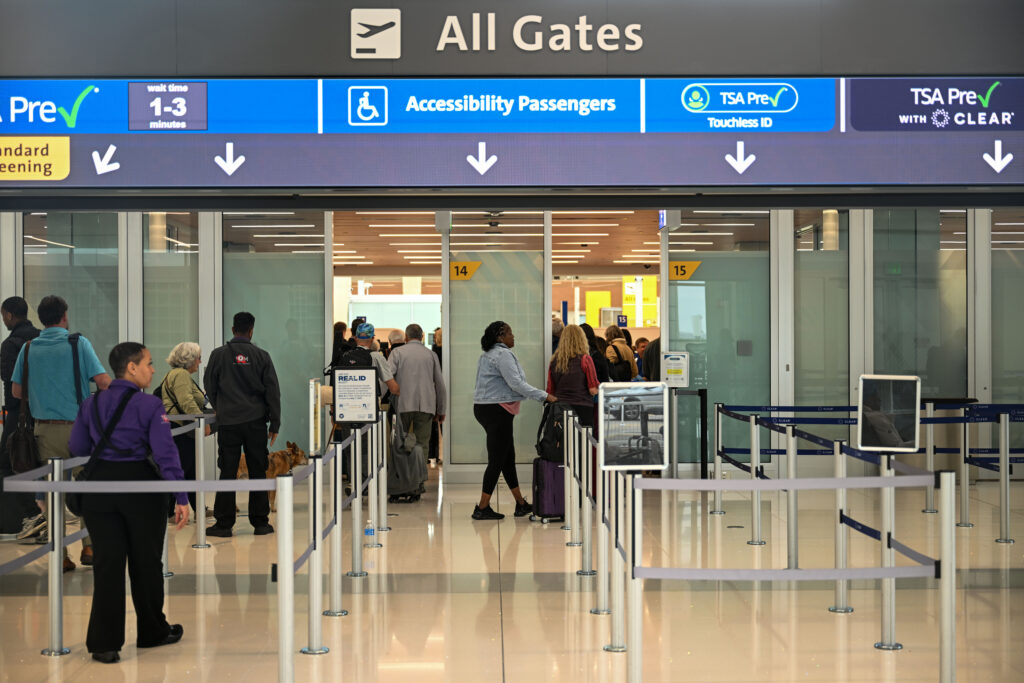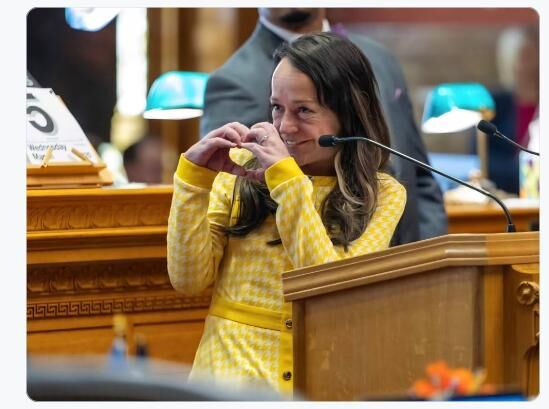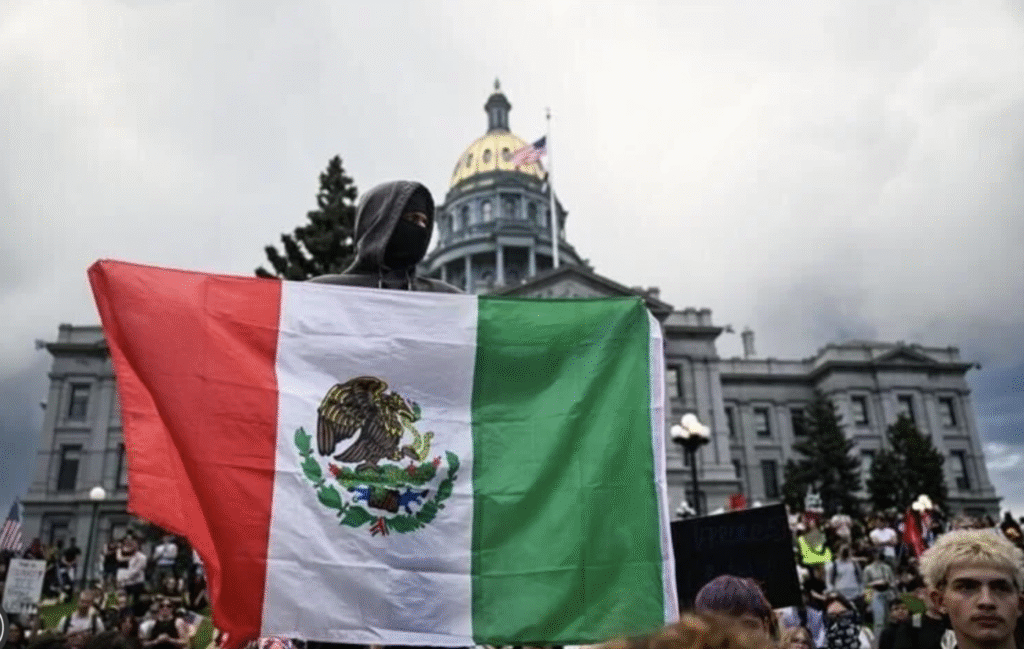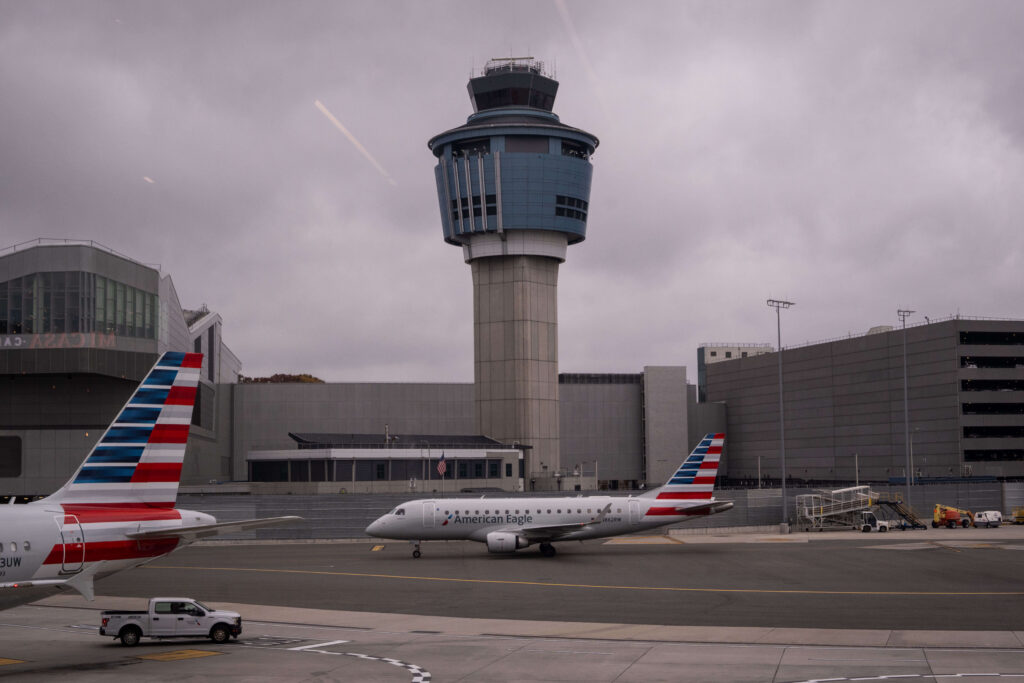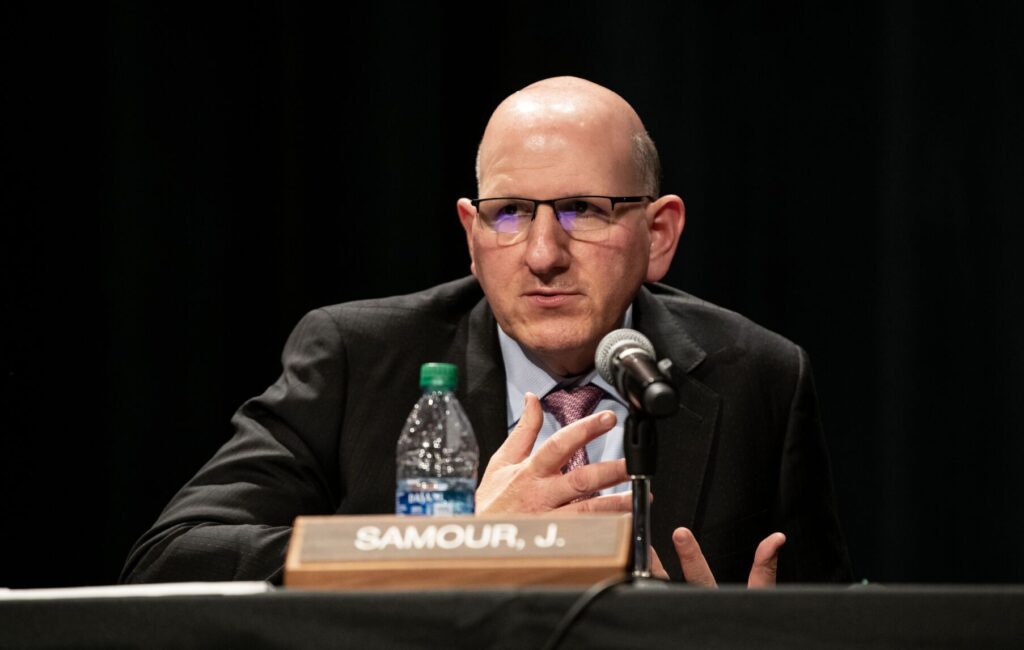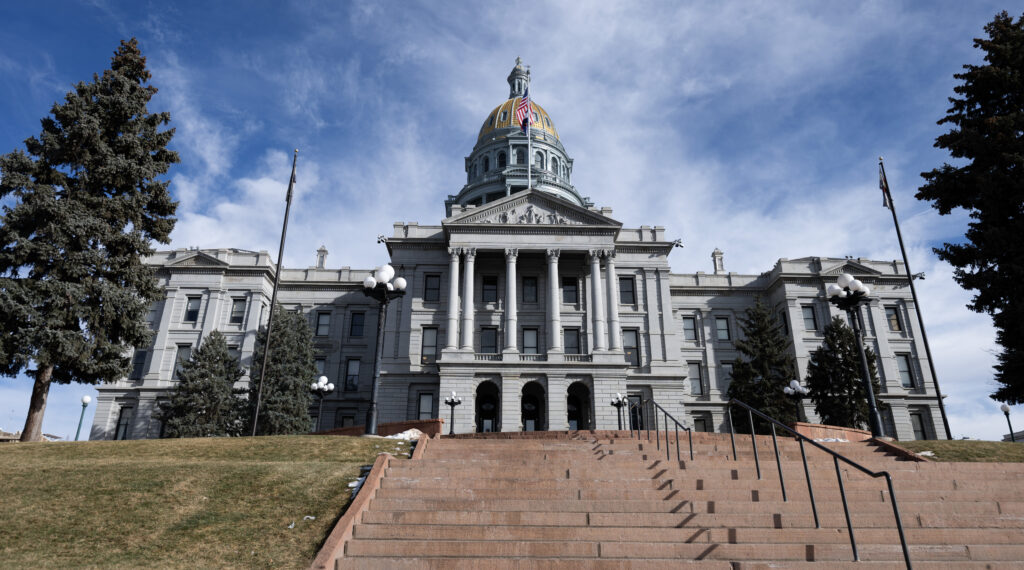Denver voters will decide whether to allow non-citizens to serve as police, firefighters
Non-citizens are one step closer to being able to apply to become a Denver police officer or firefighter after the City Council unanimously approved a ballot measure seeking to change the city charter during Monday’s meeting.
The proposed charter change requiring police and fire departments to drop a requirement that applicants be a U.S. citizen must be approved in November by voters, who face an increasingly dense ballot.
Monday’s proposed charter change will allow immigrants of “legal status” to serve as Denver police officers and firefighters, bringing the city in line with employment discrimination laws, according to Councilmember Jamie Torres.
“These are members of our community who have graduated from our high schools, maybe even our colleges, who are making lives for themselves here in Denver,” Torres said. “(Immigrants) may want to consider (police and fire) as their future job, but haven’t been able to, because our charter restricts it. They should be able to apply they should be able to compete because they are able to work.”
The Immigration Reform and Control Act of 1986 made it illegal for an employer to discriminate against job applicants based on one’s citizenship or immigration status – provided they can legally work in that location, according to the United States Equal Employment Opportunity Commission.
The city may not be out of compliance with this law — which adds an employer can hire only citizens or lawful permanent residents “unless required to do so by law, regulation or government contract” — but may be violating the Immigration and Nationality Act of 1952.
In 2016, the Denver Sheriff’s Department settled a lawsuit with the U.S. Department of Justice for $10,000 after a court found the department to be in violation of that act. As a result, immigrants with valid work authorizations were able to apply.
The proposed ballot question reads “Shall the Charter of the City and County of Denver be amended to remove the requirement that police officers and firefighters be United States Citizens?”
“We are actively turning people away who want a job like this,” Torres said in committee prior to Monday’s meeting. “California lifted any prohibition based on immigration status, and the Los Angeles Police Department brought on 10 DACA recipients in 2023.”
California isn’t the only one. Maryland, North Dakota, Tennessee and Washington allow some or all lawful permanent residents to serve as a police officer. Tennessee, however, only makes this exception for honorably discharged veterans.
In Colorado, Denver would not be the first to remove a citizenship requirement. Both Boulder and Aurora require applicants be a lawful permanent resident. Boulder’s police officer job description doesn’t list a citizenship requirement, though Aurora lists U.S. citizenship or lawful permanent residence as a minimum requirement to apply.
State law allows DACA recipients to possess firearms and serve as law enforcement officers, according to HB23-1143, which was signed into law by Gov. Jared Polis in June of 2023. It became effective in August of the same year.
The bill drew bipartisan support in the state legislature, sponsored by three Democrats and one Republican, according to The Denver Gazette’s media partner 9News.
Denver Police Chief Ron Thomas and Denver Fire Chief Desmond Fulton both support the measure.
With the council’s final approval, it is now in the hands of Denver voters.
In other business, the Denver City Council elected Amanda Sandoval as council president, following Torres’s term expiring. Sandoval will be joined by Council President Pro-Tem Diana Romero Campbell, who represents District 4.
Following the unanimous election, four members of the City Council opposed delaying a vote on a bill that would expand the city auditor’s subpoena power, supposedly for an amendment to be considered. However, the amendment, which was expected to be made by Councilmember Darrell Watson Monday night, will be introduced next week.
Councilmember Sarah Parady, who represents the city at large, was quick to question why a delay was needed at all. Parady, an attorney, said the bill has been well vetted and has been through committee “several times,” adding she did not understand the need for the delay.
The city should take more time to clearly understand the measure, especially in light of two potential amendments being brought forward, Watson said.
“This timing, number one, provides opportunity for council to discuss those amendments a little bit more thoroughly,” he said. “I think this is a big enough change for us to spend the amount of time necessary to make sure that when we do vote, we’re voting on something that council can get behind and support.”
Parady, alongside Councilmembers Serena Gonzales-Gutierrez, Shontel Lewis and Amanda Sawyer, opposed the delay.
Ultimately, the nine other councilmembers threw their support behind the delay.



